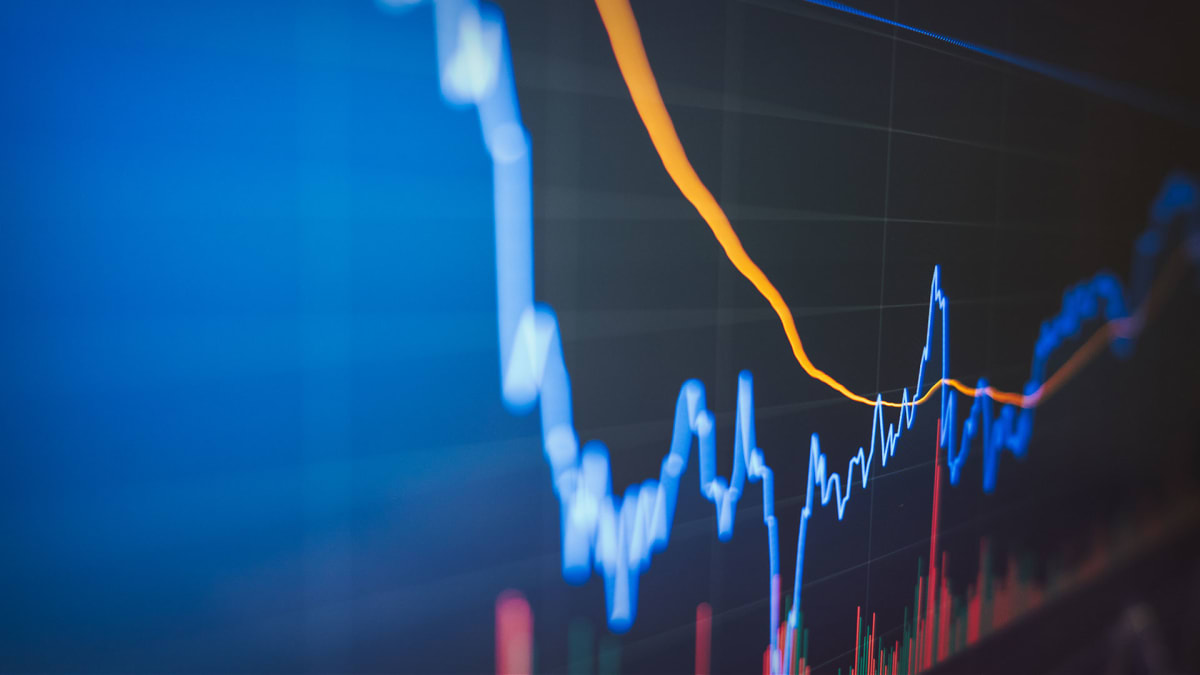
The bankruptcy of a company is always a big occasion. The larger the company, the more impactful is the event. And that impact is felt in many ways.
On Jan. 5, for example, Bed Bath & Beyond (BBBY) shares dropped after the home retailer said it would miss the filing deadline for its third quarter earnings. The company also mentioned it was considering filing for bankruptcy protection.
In a Securities and Exchange Commission filing, the company said it was anticipating a loss of about $386 million for the three months ending Nov. 6. It also revealed plans to close about 150 stores and to cut expenses to near $250 million as part of its turnaround plans under CEO Sue Gove.
"While the company continues to pursue actions and steps to improve its cash position and mitigate any potential liquidity shortfall, based on recurring losses and negative cash flow from operations for the nine months ended November 26, 2022 as well as current cash and liquidity projections, the company has concluded that there is substantial doubt about the company’s ability to continue as a going concern," Bed Bath & Beyond said in a statement to the Securities and Exchange Commission (SEC).
"The Company continues to consider all strategic alternatives including restructuring or refinancing its debt, seeking additional debt or equity capital, reducing or delaying the Company’s business activities and strategic initiatives, or selling assets, other strategic transactions and/or other measures, including obtaining relief under the U.S. Bankruptcy Code," the statement added.
What Bankruptcy Means for Stakeholders
The thought of bankruptcy is scary for companies, their employees and shareholders.
The companies themselves would enter a reality where they are forced to ponder their very survival.
Employees, naturally, wonder about the security of their jobs.
The impact on shareholders of a company filing for bankruptcy has a few layers of complexity.
In Chapter 7 bankruptcy, a company is simply going out of business. It sells its assets to pay off debts. Shareholders are left to split what's left, if there is anything remaining at all. If not, shareholders can get nothing.
When a company is considering filing for Chapter 11 bankruptcy, it is likely looking to restructure and stage a comeback. If shareholders are brave enough to hold onto their shares during this process, which is risky, they at least stand the chance of making some money back.
For example, car rental company Hertz (HTZ) filed for Chapter 11 in May of 2020 as the Covid-19 pandemic wounded the travel business generally. But it came out of bankruptcy in July of 2021 and has performed bravely, if a little shy of admirably, for its shareholders since then.
Shareholders Are Last in Line
When a company goes bankrupt, hanging on to its shares is dicey business. Shareholders could wind up with little or nothing, but they may be rewarded for their patience. In the short term, the stock is probably already down at the filing and is destined to stay that way for a while. But in the long term, there may be hope for a revival.
Shareholders are the last ones to be considered for payouts. First to get any money from liquidated assets or cash advancements are secured creditors such as banks holding mortgage or equipment loans, for example. Unsecured creditors, including banks, suppliers and bondholders are next. Then come the shareholders.
"The stock could very well become completely worthless," writes The Balance. "But there’s always a chance that the company could emerge from bankruptcy stronger and stock prices may rise. In the short-term, however, the stock price is likely to stay very low during bankruptcy and immediately after."







